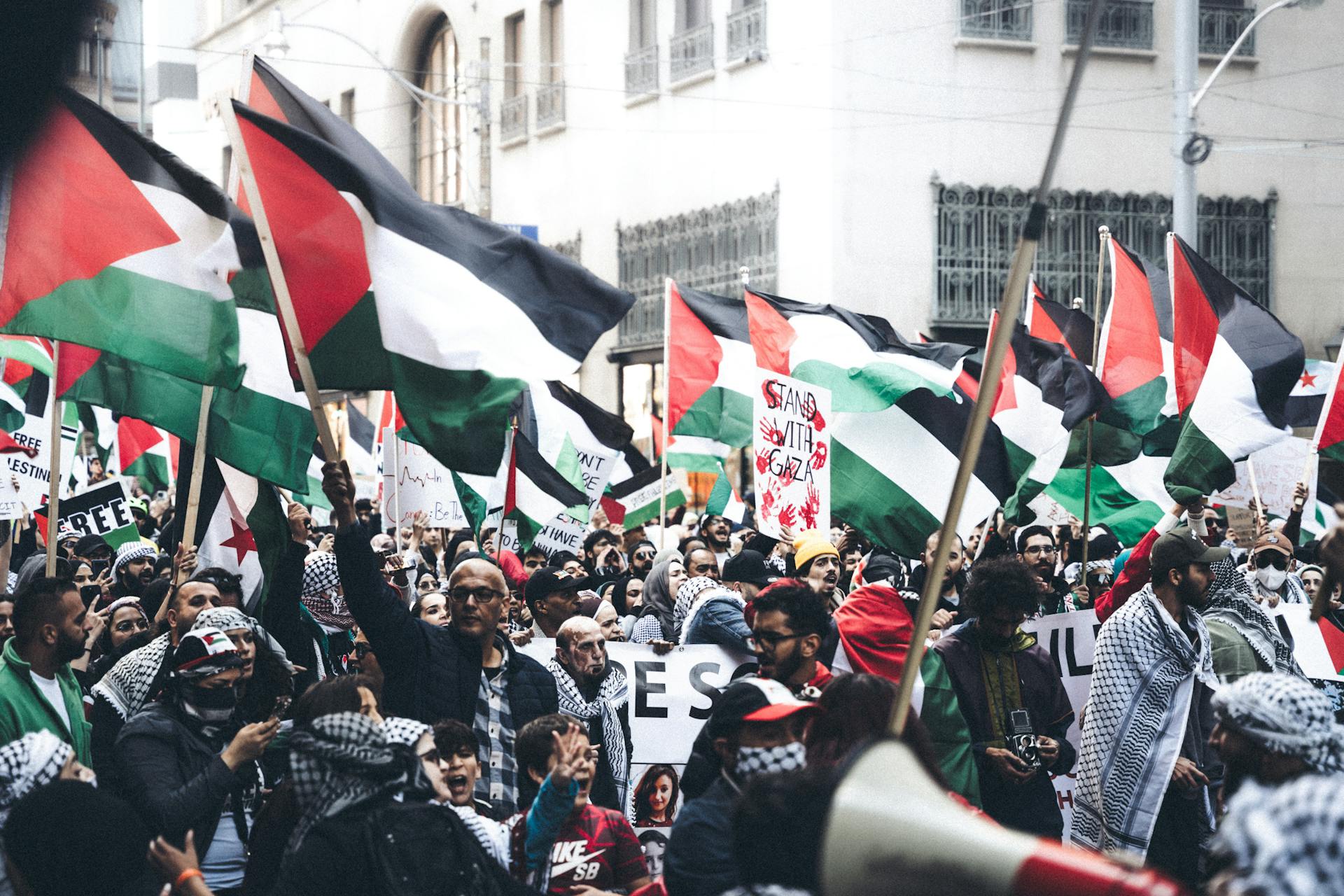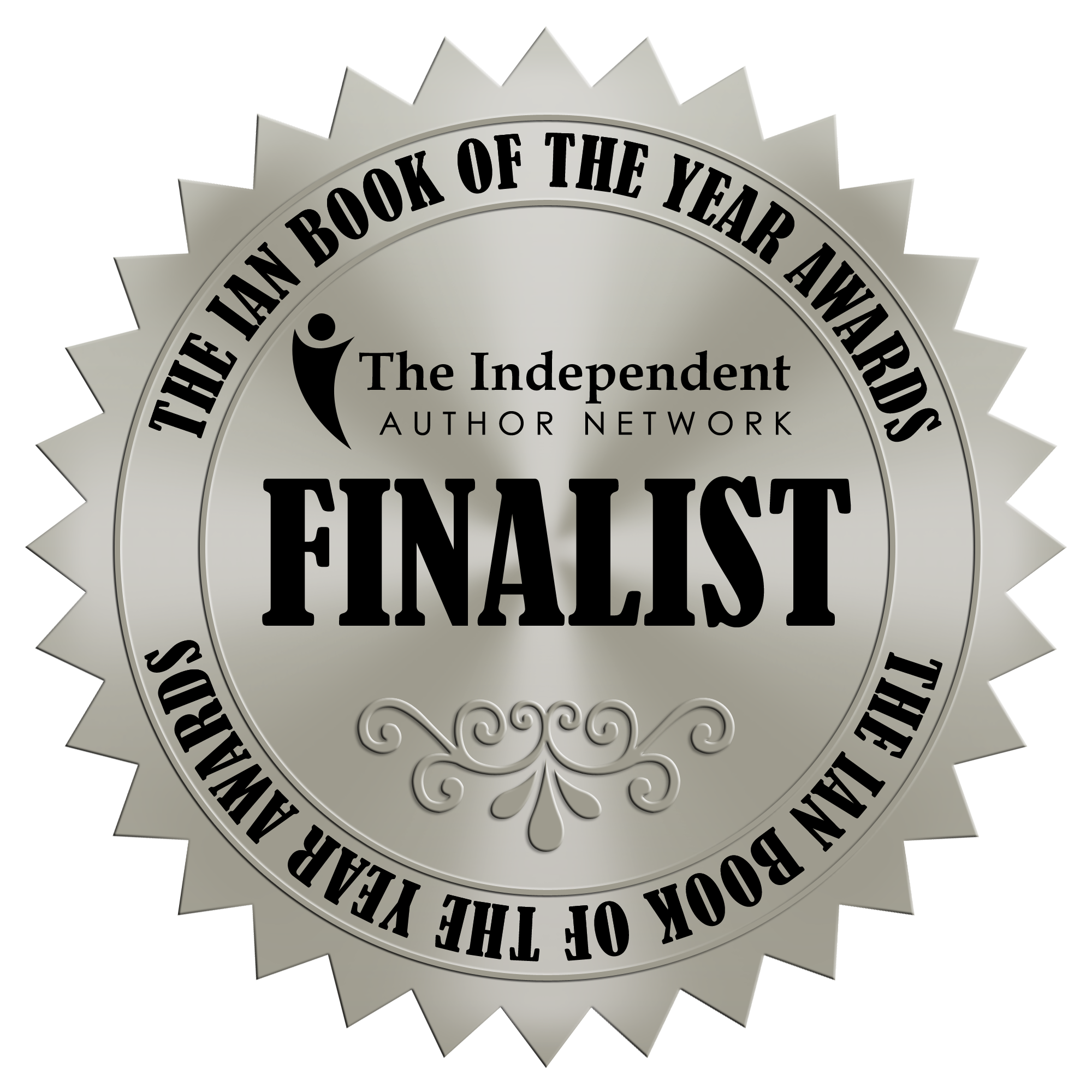When searching for the best books about Gaza conflict, you’ll likely come across political analyses, journalistic accounts, or historical overviews. But few capture the emotional, spiritual, and personal cost of war the way No Way but Forward does.
More than just a chronicle of events, No Way but Forward is a poetic and deeply human account of Palestinian survival, dignity, and resilience in the face of unimaginable loss. It offers a perspective that transcends headlines and policy briefs—one rooted in lived experience, cultural memory, and an unwavering commitment to justice.
In this blog, we spotlight No Way but Forward and explain why it’s a must-read for anyone trying to understand the Gaza conflict—not just through facts, but through the eyes and hearts of the people most affected. We’ll also briefly explore how it compares to other important works on the topic.
No Way but Forward: A Portrait of Survival and Spirit
If you’re looking for the best books about Gaza conflict, start here. No Way but Forward is not a traditional political study or academic paper. It’s a powerful blend of poetry, narrative, and reflection that brings the Palestinian experience into focus through raw, unfiltered expression.
Where many books speak about Gaza, this one speaks from it.
From the first pages, No Way but Forward dives into themes of displacement, loss, endurance, and the sacredness of cultural identity. It gives voice to Palestinians as more than victims of war—they are seen as survivors, artists, and carriers of hope. Rather than getting bogged down in statistics and treaties, the book invites readers to understand Gaza as a living, breathing story still being written.
This is what makes No Way but Forward a standout among all the books about Gaza—it is intimate, lyrical, and emotionally resonant, yet never loses sight of the geopolitical realities pressing down on everyday life.
A Different Kind of Resistance Literature
There are many excellent books that explain the political roots of the Gaza conflict. But No Way but Forward asks a deeper question: how do you hold on to your humanity when everything around you is trying to strip it away?
Instead of chronicling war through a lens of policy or military strategy, this book reveals how everyday resistance takes shape—in language, in memory, in the refusal to forget who you are. It’s a resistance of presence: to exist, to feel, to create, and to love, even while surrounded by destruction.
In that way, No Way but Forward redefines what it means to write about Gaza. It offers something too often missing from international commentary—dignity.
How It Compares to Other Books on Gaza
When comparing No Way but Forward to other entries in the best books about Gaza conflict, the differences are clear—not in accuracy, but in emotional depth.
1. Gaza: An Inquest into Its Martyrdom by Norman Finkelstein
Finkelstein’s book is a masterclass in legal and political documentation. It draws on UN reports and international law to show how Gaza has been systematically devastated by Israeli policy. However, it can be dense for general readers and lacks personal storytelling.
2. The Hundred Years’ War on Palestine by Rashid Khalidi
Khalidi’s book gives a historical sweep of Palestine’s colonial experience, including Gaza. While it’s deeply informative, it frames Palestinians through a lens of geopolitical movements rather than emotional or cultural survival. Compared to No Way but Forward, it’s more analytical than intimate.
3. Gaza Writes Back (Anthology)
This collection of short stories by young Palestinian writers offers another personal lens on Gaza’s struggles. Like No Way but Forward, it centers native voices and raw emotion. However, No Way but Forward blends more poetry and philosophical depth, making it feel more like a sacred text of resistance.
4. Footnotes in Gaza by Joe Sacco
A graphic journalism piece that investigates two massacres in 1956, this book is both powerful and visually striking. Still, it’s presented through the eyes of a Western journalist, which No Way but Forward resists entirely. It refuses to be translated—it speaks in its own voice.
Why No Way but Forward Should Be Your First Read
Among all the best books about Gaza conflict, No Way but Forward stands out because it delivers something more essential than political commentary: truth told from within.
- It’s written from the Palestinian perspective, not through a foreign lens.
- It blends poetry, memoir, and reflection, creating a layered and deeply emotional narrative.
- It honors spiritual and cultural resilience, not just political struggle.
- It invites readers into a shared humanity, urging empathy instead of detachment.
- It offers hope, not just critique.
You don’t finish this book with the same mind or heart you had when you started. You walk away with a fuller understanding of what it means to survive not just a war—but the slow erosion of identity and homeland.
What Readers Say About No Way but Forward
Readers who’ve picked up No Way but Forward describe it as:
- “A soul-shaking testimony of faith and fury.”
- “The poetry of survival written in a time of silence.”
- “More than a book—it’s a lifeline to Palestine’s heart.”
Whether you’re Palestinian or not, this book gives you a window into what the people of Gaza carry—and how they carry on.
Who Should Read This Book?
If you’ve ever asked:
- What’s really happening in Gaza beyond the news headlines?
- How do Palestinians keep going when the world keeps failing them?
- Is there a voice in all of this that speaks truth, not politics?
Then No Way but Forward is the book you need. It doesn’t try to be neutral. It tells the truth. And in doing so, it becomes more than a book—it becomes a witness.
Beyond Politics, Toward Humanity
When we talk about the best books about Gaza conflict, it’s easy to get lost in reports, numbers, and histories. But No Way but Forward pulls you out of abstraction and places you in the arms of a people who have every reason to give up—but don’t.
It’s not just the story of Gaza. It’s the soul of Gaza—fierce, fragile, faithful.
In a world that’s growing numb to human suffering, this book reawakens what matters. Not just the facts, but the feelings. Not just the past, but the future.
Start Here, Start with Truth
If you’re building a reading list of the best books about Gaza conflict, make No Way but Forward your first pick. You’ll gain more than knowledge—you’ll gain insight. And insight, when paired with empathy, is how change begins.

